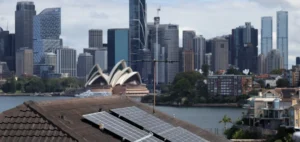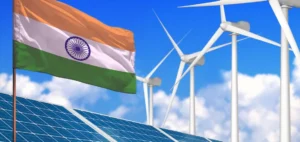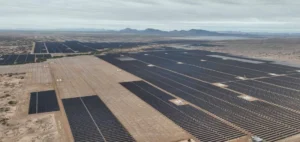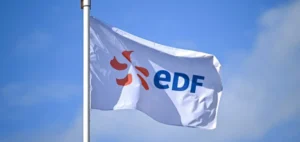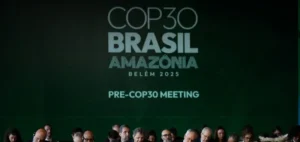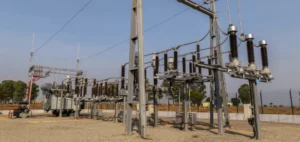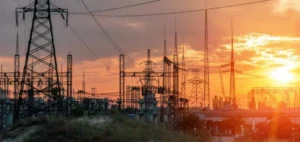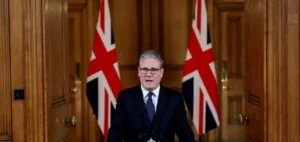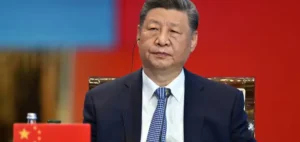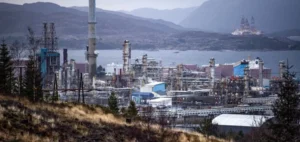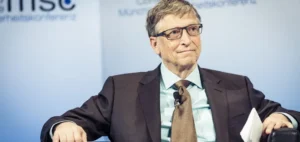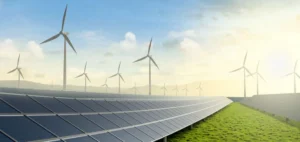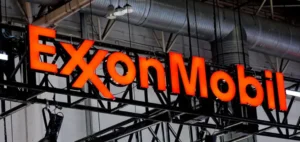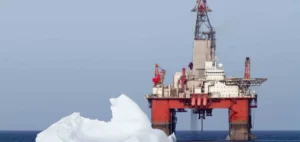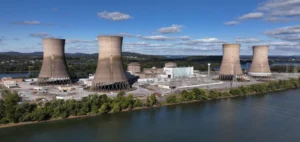France is stepping up its initiatives to increase the proportion of renewable energies in its energy mix.
The Direction Générale de l’Énergie et du Climat (DGEC) and the Direction Générale des Entreprises (DGE) are coordinating several calls for tenders to promote photovoltaic and onshore wind power.
These calls for tender, announced by the French Energy Regulatory Commission (CRE), aim to reduce greenhouse gas emissions while supporting sustainable energy.
In line with the announcements made at Manosque, the new photovoltaic tenders aim to establish a low-carbon industrial sector in France and Europe.
One significant change concerns the eligibility of solar panels based on their carbon content.
The elimination of life-cycle analysis (LCA) in favor of a simplified carbon evaluation method (ECS) and the adoption of a country-mix approach should limit fraud and balance the various energy mixes of producing countries.
Increased support for agrivoltaic projects
The new photovoltaic tenders also take into account authorized agrivoltaic projects.
The changes to the specifications are designed to align financial support more closely with actual project costs.
Agrivoltaic installations on sheep and cattle farms will be eligible for the “ground-mounted photovoltaic” call for tenders.
Other installations will be divided between the “ground-mounted photovoltaic” and “building-mounted photovoltaic” calls for tenders according to their height.
Applicants must guarantee the preservation of agricultural activity under the panels, in line with the objectives of the law to accelerate the production of renewable energies.
This approach could be extended to all photovoltaic support schemes if successful.
Offshore wind tenders
The pre-qualification phase of the ninth offshore wind tendering procedure is open, in line with the commitments made in Saint-Nazaire on May 2, 2024.
The aim of this initiative is to strengthen offshore wind farms, a pillar of France’s energy transition.
Tender calendar
The tender periods for photovoltaic and onshore wind power are as follows: – Onshore wind: from September 2 to 13, for a total capacity of 925 MW.
– Ground photovoltaic: August 19 to 30, for a total capacity of 925 MW.
– Building photovoltaics: from August 26 to September 6, for a total capacity of 300 MW.
These initiatives demonstrate France’s commitment to becoming a leader in renewable energies, by supporting innovative projects and adapting its regulatory framework to meet the needs of the energy transition.
The French government continues to increase its support for onshore and offshore renewable energies through strategic calls for tenders and regulatory changes.
These efforts illustrate a determination to adapt to current and future challenges, while promoting a low-carbon economy.


